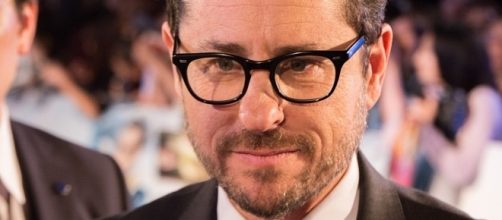When Colin Trevorrow stepped down from the director’s chair of “Star Wars: Episode Ix,” the bets were on regarding who would take his place. Lucasfilm has been aware of instances of “creative difficulties” encountered with the directors they are working with on new “Star Wars Films.”
This too was the reason for Ron Howard taking the helm for the “Han Solo” prequel spinoff following the departure of its original co-directors. Although there were signs that perhaps “Episode VIII – The last Jedi” director Rian Johnson will go back-to-back on movies, ultimately it was decided that J.J. Abrams, director of “Episode VII – The Force Awakens” last 2015, will finish the “Star Wars sequel trilogy” that he began.
Abrams returns
Following the hubbub that sprang out of Colin Trevorrow bowing out as director of “Star Wars: Episode IX” (and after his original script work was rewritten completely by Jack Thorne), it was announced that J.J Abrams would carry on the work. In addition to that, Walt Disney Studios, which owns Lucasfilm, has decided to delay the film’s original premiere on May 2019 to December of the same year. In doing so, the final installment of the “Star Wars sequel trilogy” will now be a Holiday season release similar to its predecessors.
Lucasfilm president Kathleen Kennedy was highly effusive in welcoming Abrams’ return engagement with the franchise after his direction of 2015’s “The Force Awakens.” She remarked that his work in the first part of the sequel trilogy delivered everything the producers and audience could hope for.
Abrams and Kennedy are also producing “Episode IX” alongside Michelle Rejwan, while he will team up with Chris Terrio for further writing on the film’s story. There are many great things expected of the veteran filmmaker now, to provide a magnificent finale to the latest batch of films in the grand “Star Wars” saga of four decades.
Replicating previous success
Although the George Lucas-written and directed “Star Wars prequel trilogy” of the late 90s-early 2000s were respectable box office successes, dedicated fans of the franchise found Episodes I-III lacking in substance compared to the original films (Episodes IV-VI). The decision of Disney to develop a sequel trilogy of Episodes VII-IX after acquiring Lucasfilm and “Star Wars” was seen as a revival of the saga, and its initial salvo of “The Force Awakens” was considered a return to form.
Before being tapped to direct the film, J.J. Abrams had gained some reputation from handling the film reboot of another American sci-fi institution, “Star Trek.” His stepping in to direct “Star Wars: Episode IX” is hoped to replicate the $2 billion global take and critical praise of “The Force Awakens” one more time to close this latest trilogy.


